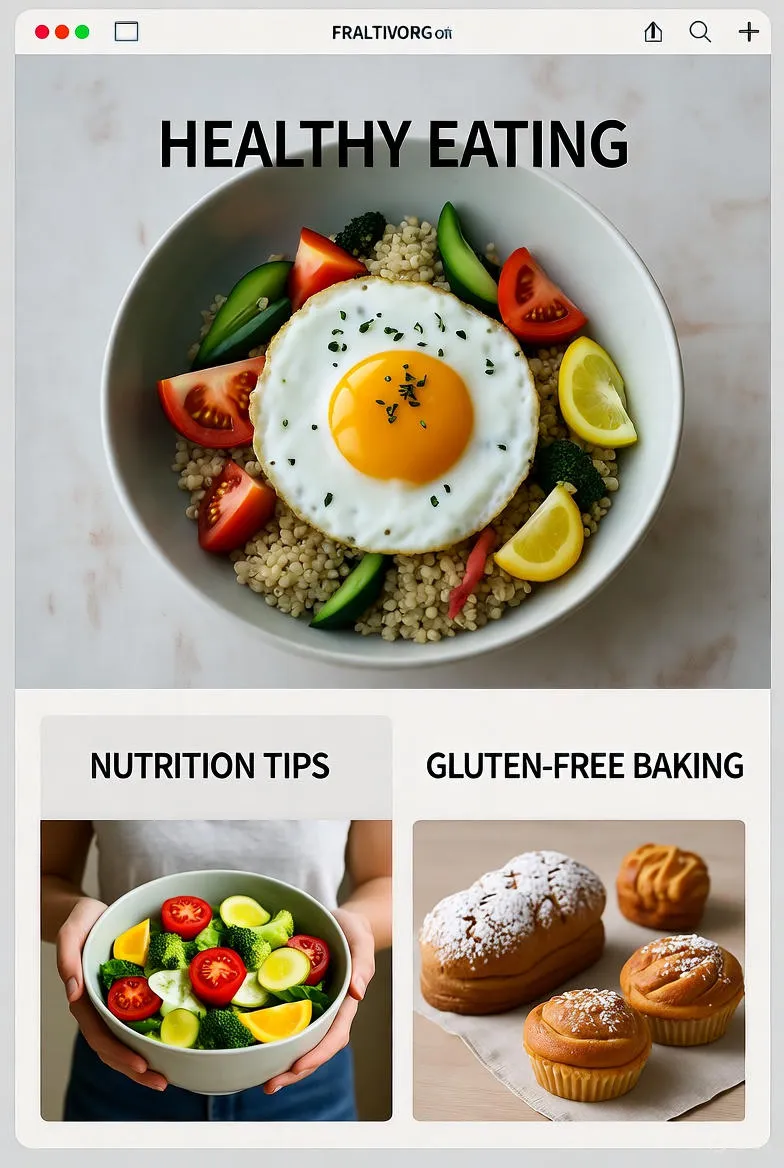Debunking the Bloat: Common Myths About Water Retention and the Real Causes
Busting the most common myths about bloating and water retention. Learn the real causes—from electrolyte imbalance and hormones to SIBO and food intolerances—and find proven strategies for relief.

Understanding the Difference: Bloating vs. Water Retention
Many people use the terms bloating and water retention interchangeably, but they are fundamentally different, though often occurring simultaneously. Understanding this distinction is the first step toward effective management.
- Bloating (Gas/Gut): This is the sensation of fullness, pressure, or a visibly swollen abdomen, typically caused by excess gas production or disturbed movement within the gastrointestinal (GI) tract. It is often localized to the stomach/intestine area.
- Water Retention (Edema): This is the accumulation of excess fluid in the circulatory system or within the tissues and cavities of the body. It usually manifests as generalized puffiness, swelling in the limbs (ankles, fingers), and can cause weight fluctuations.
While gut issues can certainly contribute to systemic inflammation and, thus, some fluid retention, the causes are often distinct. Focusing on the root cause—whether it’s digestive gas or fluid imbalance—is key to finding relief.
🚫 Myth 1: Drinking Less Water Cures Water Retention
Reality: The Opposite is True. This is one of the most common and damaging myths. Restricting water intake signals to your body that it needs to conserve every drop, leading to an increase in antidiuretic hormone (ADH) and, ironically, greater fluid retention. Adequate hydration is crucial for flushing out excess sodium and waste products, which are primary contributors to water retention.
The Fix: Increase your clean water intake throughout the day. If your urine is dark yellow, you need more water. Aim for clear or pale-yellow urine.
🚫 Myth 2: Salt is the Sole Cause of Bloating and Water Retention
Reality: Sodium is a major factor in water retention, but it’s not the only one, and often, it’s not the primary cause of bloating. While high sodium intake causes the body to hold onto water to maintain the necessary sodium-to-water balance (osmolarity), carbohydrates and processed foods also play a significant role.
Carbohydrate's Role in Fluid Balance
For every gram of glycogen (stored carbohydrate) your body stores, it binds with approximately three to four grams of water. This is why people experience significant, rapid water weight loss when starting a very low-carb diet. It's fluid loss, not fat loss.
The Fix: Focus on a balanced diet. Reduce highly processed foods (which are often high in both sodium and refined carbs). Increase potassium-rich foods like bananas, spinach, and avocados, as potassium helps counterbalance the effects of sodium.
🚫 Myth 3: Bloating is Always Caused by Eating Too Much
Reality: While overeating causes a temporary feeling of uncomfortable fullness, true, persistent bloating is often a sign of a deeper digestive issue, even from small meals.
- Food Intolerances: Undigested food components (like lactose or fructans in certain vegetables) reach the large intestine and are fermented by gut bacteria, producing gas.
- Irritable Bowel Syndrome (IBS): A common functional GI disorder characterized by recurring abdominal pain, discomfort, and changes in bowel habits.
- Small Intestinal Bacterial Overgrowth (SIBO): An excessive number of bacteria in the small intestine, leading to fermentation and gas production high up in the digestive tract.
- Eating Too Fast: Swallowing air (aerophagia) while rushing through a meal introduces gas into the stomach.
The Fix: Eat slowly, chew your food thoroughly (at least 20-30 times per bite), and consider keeping a food diary to identify potential triggers like dairy, high-FODMAP foods, or gluten.
🚫 Myth 4: Only Women Experience Water Retention Due to Hormones
Reality: Hormonal fluctuations are a significant cause of cyclical water retention in women (premenstrual edema), but hormones affect fluid balance in everyone.
In women, the rise in progesterone before menstruation can lead to relaxation of the smooth muscle tissue (including the GI tract), which slows digestion and increases water retention.
However, chronic stress elevates the hormone cortisol in both men and women. Cortisol can disrupt the balance of electrolytes and fluid regulation, often leading to increased fluid retention, especially around the midsection.
The Fix: For cyclical retention, certain diuretics (natural or prescription) may help, but lifestyle changes are crucial. Manage stress through exercise, adequate sleep (7-9 hours), and mindfulness techniques.
The Lifestyle Powerhouse: Proven Strategies for Relief
Movement is Medicine
One of the most effective non-pharmacological ways to combat both bloating and water retention is regular physical activity. Exercise increases blood flow, which helps move retained fluid back into the vessels and lymph system, where it can be eliminated. Furthermore, walking or light movement after a meal can help to literally 'move' gas through the digestive tract.
Magnesium and B6: The Natural Aids
Studies suggest that supplementation with magnesium and Vitamin B6 may help reduce premenstrual water retention in women. Magnesium is an essential mineral that plays a role in fluid and electrolyte balance, and it may also help reduce muscle spasms in the digestive tract.
The Role of Fiber and Probiotics
While some high-fiber foods can initially cause temporary bloating, a consistent intake of both soluble and insoluble fiber is essential for maintaining healthy gut motility and preventing constipation, a major cause of chronic bloating.
Probiotics can help balance the gut microbiome, ensuring that gas-producing bacteria do not outcompete beneficial strains. However, finding the right strain is key, as some probiotics can temporarily worsen bloating in sensitive individuals (such as those with SIBO).
When Bloating and Water Retention Signal More
While most cases of bloating and water retention are benign and tied to diet or lifestyle, chronic or sudden, severe swelling can be a red flag.
- When to see a doctor: If water retention is severe, happens suddenly, or is accompanied by shortness of breath, it could indicate a heart, kidney, or liver issue. If bloating is persistent, accompanied by unexplained weight loss, blood in the stool, or severe pain, it requires immediate medical evaluation to rule out serious gastrointestinal or other conditions.
By replacing myths with knowledge—by hydrating more, balancing electrolytes, managing stress, and addressing specific digestive triggers—you can effectively reduce discomfort and gain control over the puffiness that impacts daily life. Relief begins with understanding the true cause.


